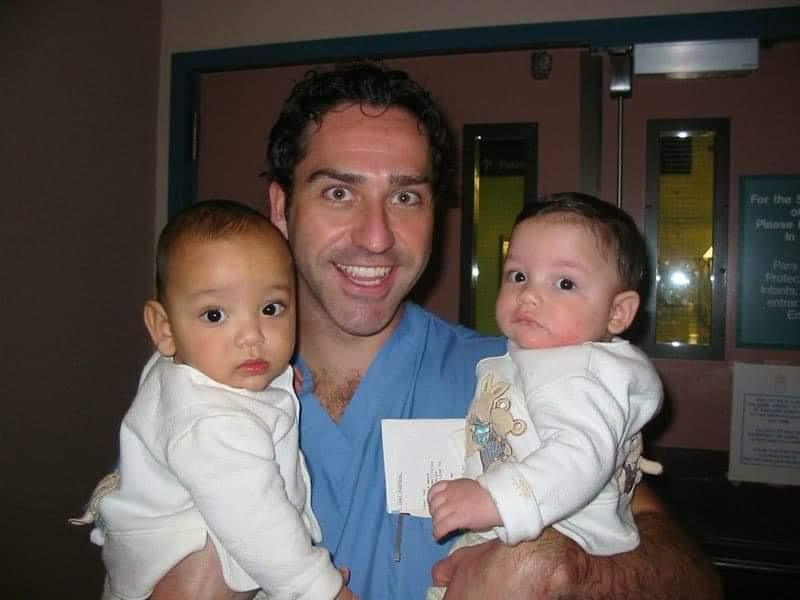When you’re expecting, feeling your baby move is often a joyful and reassuring moment. It is a sign of your baby’s wellbeing. Dr Robert Biter Encinitas, California, known for his expertise in maternal health, considers monitoring fetal movement through kick counts as a simple, yet effective way to check on your baby’s health between doctor visits. But what exactly are kick counts, and what do they tell you about your baby?
What Are Kick Counts?
Kick counts are a daily record of how often you feel your baby move. Most healthcare providers agree that tracking these movements, usually starting around the 28th week of pregnancy, is a practical method to observe your baby’s normal pattern of activity.
Why Count Kicks?: Monitoring your baby’s movement is a proactive way to notice potential problems early. A significant decrease in activity may sometimes signal that the baby is under stress. However, remember that each baby is unique, and what’s normal for one might not be for another.
How To Count Kicks
Finding the Right Time: Choose a time of day when your baby is usually active. For many, this is right after a meal or in the evening. Get into a comfortable position, such as sitting with your feet up or lying on your left side, which can encourage fetal activity.
Counting the Kicks: Once you’re settled, start to count any movements you feel—kicks, flutters, swishes, or rolls. The goal is not just to tally kicks but to note how long it takes to reach a certain number, typically 10 movements. Setting a timer and noting how long it takes for your baby to make 10 distinct movements. Most babies will do so within an hour or two.
What The Counts Tell You
Recognizing Patterns: Every baby has its own pattern of wakefulness and activity. By tracking kick counts, you’ll become familiar with your baby’s individual cycle and what is normal for them. If you notice a marked change in the pattern, it’s time to consult your healthcare provider.
When to Seek Advice: If it takes longer than two hours to reach 10 fetal movements, Dr Robert Biter Encinitas, California recommends contacting your healthcare provider. This doesn’t necessarily mean something is wrong, but it’s important to rule out any complications.
Managing Concerns And Anxiety
It’s easy to worry when you’re responsible for another life, and it’s normal to feel anxious if you notice a change in fetal activity. Accurate monitoring and communication with your healthcare provider can provide both insight and peace of mind.
Staying Calm and Informed: Remember that fetal movement can be influenced by the baby’s sleep cycle or other benign factors. Stay informed about what’s normal and what’s cause for concern, and you’ll find it easier to maintain a calm and rational outlook.
Kick counts are a straightforward way to connect with your baby and sometimes the first indicator that they require attention. Dr Robert Biter Encinitas, California encourages all mothers-to-be to use this simple tool as part of their daily routine. Monitoring fetal movement is just one aspect of prenatal care, but it’s one that puts the power of observation in your hands. By understanding and maintaining kick counts, you take an active role in your baby’s health, paving the way for a safer and more secure delivery.










